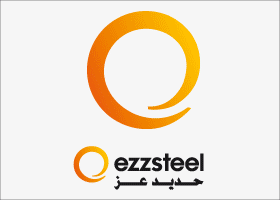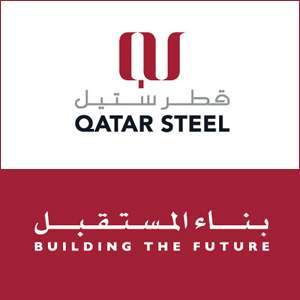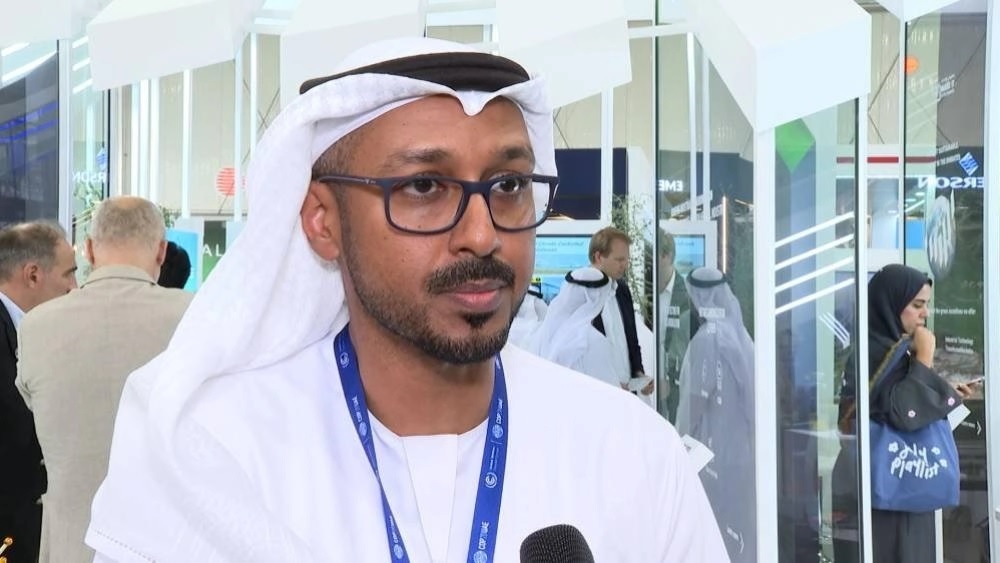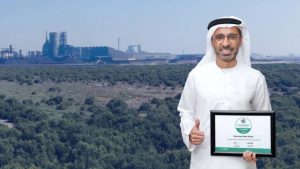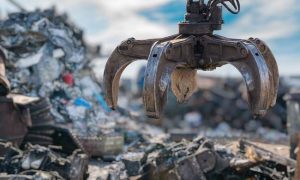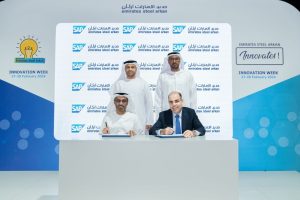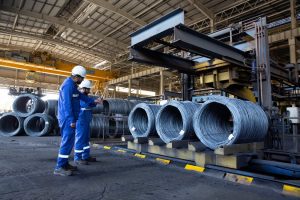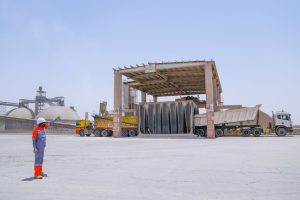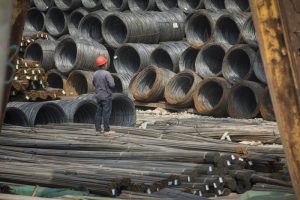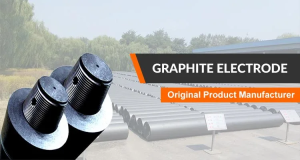Osama Amir Fadl, Assistant Undersecretary of the Ministry of Industry and Advanced Technology for the Industrial Accelerators Sector, confirmed that the Ministry launched, during the COP28 Conference of the Parties, a road map for decarbonization in the industrial sector, with the aim of reducing emissions in the sector by 93% by 2050, which would remove 2.9 gigabytes. tons of carbon emissions, in line with the National Strategy for Advanced Industry and Technology, and with the goals of the 2050 Climate Neutrality Strategy.
He said in statements to the Emirates News Agency, WAM: “The Ministry’s pavilion at COP28 showcases a wide range of advanced technical solutions capable of enhancing and accelerating the pace of climate action and supporting efforts to reach climate neutrality. We also provided the opportunity for innovators and emerging companies to interact directly with relevant local and international bodies.” “In the industrial, technological and environmental sectors, in addition to a number of major national and international companies operating in these sectors, which enhances job growth opportunities.”
He added that the Ministry, under the umbrella of the “Make in the Emirates” initiative, is reviewing sustainable industrial investment opportunities in the UAE, and the ideal business environment it provides that supports growth, as well as enhancing awareness of the Industrial Technological Transformation Index, the first index that integrates the basics of the Fourth Industrial Revolution with the concepts of sustainability within one framework. It supports companies’ efforts to reduce emissions.
He pointed out that the Ministry has launched a number of initiatives and projects that contribute to enhancing carbon reduction efforts and achieving climate neutrality, including, for example, the “Green ICV” standard for companies, to encourage sustainable practices throughout the value chain, and allows companies to obtain additional points in the “Programme” equation. “National added value”, if you commit to implementing sustainability and green standards and policies; The additional bonus amounts to 3% and is determined by measuring companies and factories’ practices towards sustainability, water management, the effectiveness of material recycling, and reducing emissions.
He added that the Industrial Technological Transformation Index was also launched to enhance the sustainability of the national industrial sector and for the purpose of motivating institutions and companies operating in it to adopt and adopt advanced technology solutions and applications, in addition to stimulating investment attractiveness in the industrial sector locally and internationally.
He continued: “At the level of quality infrastructure, a wide range of specifications and technical executive regulations for the green industrial production system have been developed and applied, such as specifications for electric cars, specifications for the use of recycled plastic containers, specifications for plastic bags, specifications for energy-saving electrical appliances, and many others. In addition to stimulating industrial sectors that are difficult to reduce carbon, such as the iron, cement and aluminum industries, to adopt modern technologies to sequester, capture and store carbon, and adopt alternative types of fuels that produce less carbon, in addition to adopting clean and renewable energy solutions.”
Regarding the role of the Ministry of Industry and Advanced Technology in COP28 and its efforts to enhance the contribution of industrial companies to achieve reduction of carbon emissions from the industrial sector, he said: “We are working in the Ministry of Industry and Advanced Technology in line with the objectives of the National Strategy for Industry and Advanced Technology “300 Billion Project”, to enhance the growth and competitiveness of the sector. The industrial sector in the country, through the capabilities and incentives that support the establishment, growth and expansion of industrial businesses, and as announced through the presidency of COP28, there is an action plan based on a set of main as well as specialized pillars, the most prominent of which I believe are technology, innovation and finance.
He pointed out that the Ministry has set this axis as a strategic goal that it is working on as it is one of the most important pillars and priorities in the UAE’s direction towards achieving sustainable economic development and ensuring a sustainable future, and it has used this matter in climate action efforts in many global initiatives. To ensure the achievement of this pillar, we have launched many initiatives and programs, the most important of which is the Technology Transformation Program, which aims to accelerate the pace of technological transformation in our industrial sector, enhance the UAE’s competitiveness, and confirm its position as a global center for Fourth Industrial Revolution technologies.
Regarding the impact of implementing the technological transformation program and providing flexible financing for the industrial sector on performance, competitiveness and reducing carbon emissions, he explained: “The technological transformation program represents a major support for reducing carbon in the national industrial sector, including the entire industrial value chain, and through it we aim to develop 1,000 technological projects by 2030.” Attracting investments worth 11 billion dirhams, and enhancing technology exports to 15 billion dirhams annually.
He added that industrial companies obtain, through the Emirates Development Bank and partner banks, flexible financing solutions with comfortable repayment periods of up to 15 years, including grace periods of up to two years. This also applies to financing specific projects such as renewable energy in the country, where they obtain… Companies receive financing of up to 100% of the project value, with a maximum repayment period of 15 years and a grace period of two years. He pointed out that these efforts are in line with our goals to motivate factories and companies operating in the national industrial sector to transform technology and adopt sustainable practices in raising the efficiency of energy consumption and relying on solutions from renewable sources of energy.
He said that we are working to stimulate industrial sectors, such as the iron, cement and aluminum industries, to adopt modern technologies to sequester, capture and store carbon, and to adopt alternative types of fuel that produce less carbon, in addition to adopting clean and renewable energy solutions.




